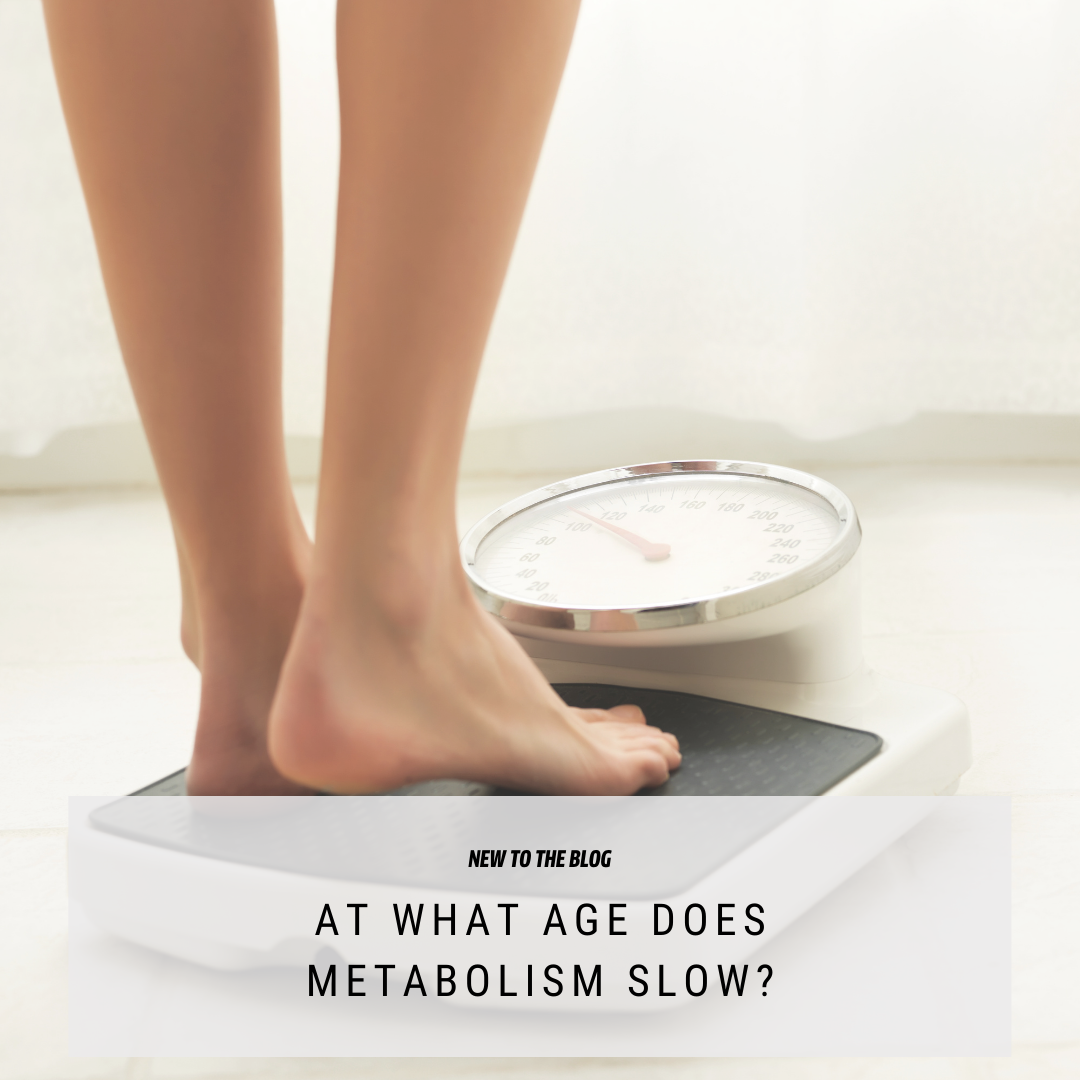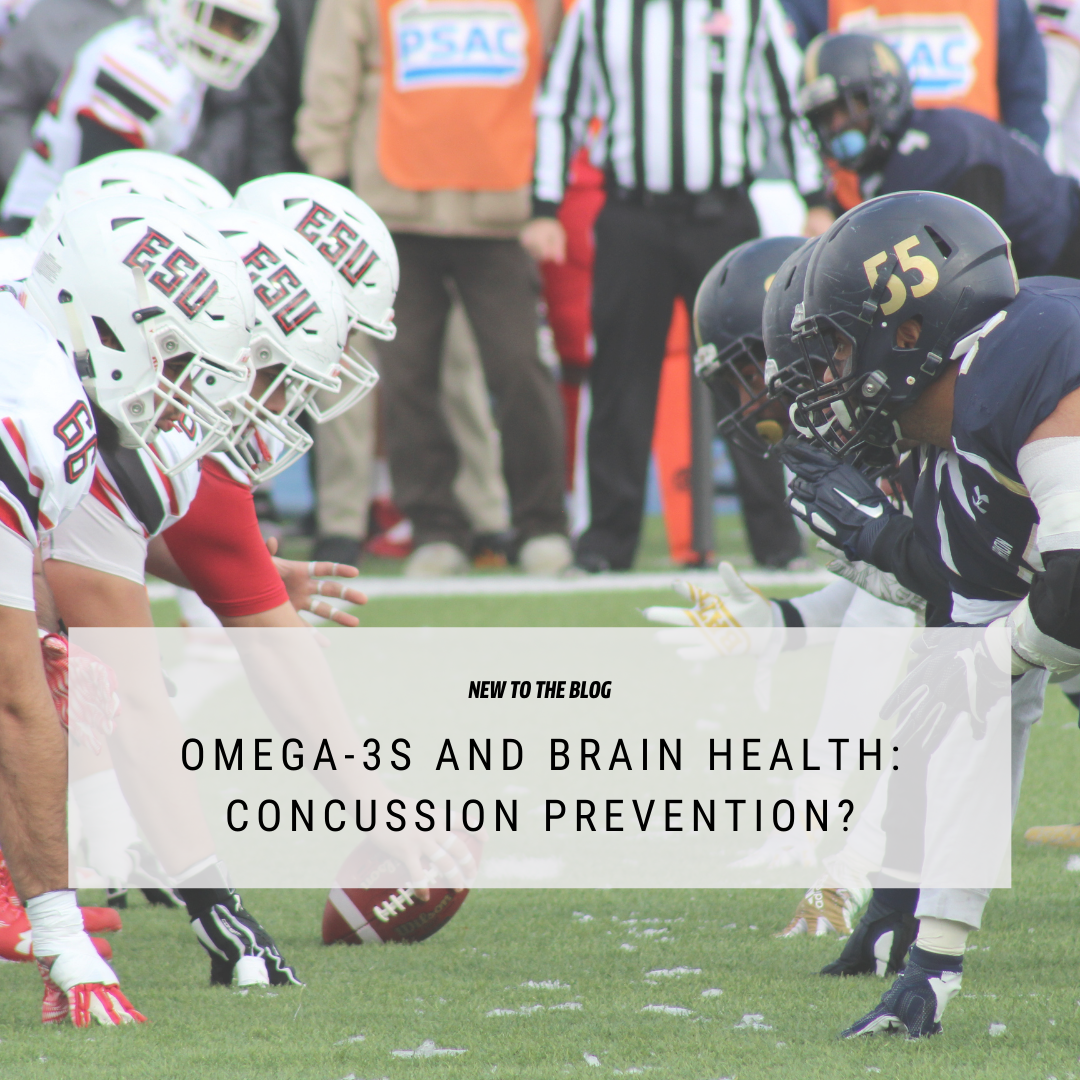Remember when you were much younger and could sit down for dinner and eat everything in sight? You didn't have to worry about your weight. If you can still eat a meal without worrying about weight, keep reading, because someday your metabolism will catch up. But at what age do you need to start worrying about the slowing of your metabolism? Specifically, at what age does a woman's metabolism slow down? The recent findings may surprise you. They shocked the researchers!
What Is Metabolism?
Metabolism is a group of chemical processes that allow us to survive. Metabolism assists your body in converting the food you eat into energy, which in turn helps us to breath, digest food, helps blood circulation and even helps rebuild our cells. This process occurs in all living things, from plants to animals.
What Is Basal Metabolic Rate?
The basal metabolic rate (BMR) is the number of calories you burn while at rest. BMR decreases with age, leading many to wonder when does metabolism slow down significantly. The total number of calories you burn in a day, including your BMR and physical activity, is your daily calorie expenditure.
How Does Age Affect Metabolism?
Age-related metabolism changes are due to many factors. As we age, metabolism slows with age, and we tend to lose muscle mass. We also become less active and need fewer calories. When calculating a person's metabolism, height, weight, age, and sex need to be taken into account as well.
The Science of Metabolism
Scientists are still trying to figure out all the intricacies of metabolism. However, they have discovered that metabolism may be affected by our genes. We inherit certain metabolic characteristics from our parents. But no one is truly in agreement on the extent our parents have on our metabolism. Think about it. How long do your parents dictate what you eat on a daily basis? While genes play a role, it's clear that metabolism slows down with age for everyone.
At What Age Does Metabolism Slow Down?
A recent clinical study clashes with what we all thought to be true - and that is our metabolism slows down during middle age and that women's metabolism is slower than men's. This study in the journal contradicts our excuses for putting on weight. Data on over 6500 subjects, ages 8 days to 95 years found there are no real differences between metabolic rates of men and women. Many researchers were blown away by the findings, challenging the notion of when do metabolisms slow down significantly.
They found that there are 4 stages of life where metabolism differs for all of us, helping us understand when does your metabolism slow down.
- From infancy, up until the age of 1, when calorie burning is at its peak, accelerating until it is 50 percent above the adult rate.
- Ages 1 to about age 20, metabolism gradually slows by about 3% per year.
- Ages 20 to 60, it holds steady.
- After the age of 60, it declines by about 0.7 percent a year.
They analyzed body size and the amount of muscle people have and there were no differences between the sexes. There was also no slowing in adults in their 40's or for women with the onset of menopause. The metabolic rate starts slowing around the age of 60 with a 20% decline by the age of 95. So, at what age does a woman's metabolism slow down? This study suggests it aligns with the general findings, beginning around 60.
So this is important - you can no longer attribute weight gain of the average pound and a half per year to a slowing metabolism. The study disproves this. No more excuses on why we are gaining weight!
What You Can Do To Help Keep Your Metabolism Humming Along?
There are many things you can do to help keep your metabolism going strong:
- Eat a healthy diet with plenty of fruits, vegetables, and whole grains
- Stay active; regular exercise is important for overall health and can help increase muscle mass
- Stay hydrated by drinking plenty of fluids, especially water
- Get enough sleep; poor sleep habits can lead to weight gain
- Avoid smoking; tobacco use is linked to a slow metabolism.
By following these tips, you can keep your metabolism going strong well into your golden years. So, the next time someone tells you that they are metabolism blessed, don't believe them. We all have the potential to keep our metabolism humming along no matter our age. Just be sure to take care of yourself and your metabolism will do the same for you. Stay active! No more excuses!










Leave a comment
This site is protected by hCaptcha and the hCaptcha Privacy Policy and Terms of Service apply.